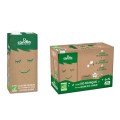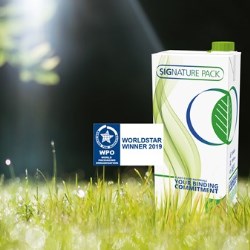If this is your company, CONTACT US to activate Packbase™ software to build your portal.


Is the food we eat safe? It’s a question being asked more and more today as food fraud becomes a growing problem.
When a consumer opens a food product they expect its contents are safe to consume. But this isn’t always the case with food fraud a real and growing threat. According to the World Customs Organization (WCO), the counterfeit food industry is estimated to generate over $49 billion a year. But it’s the cost to consumers and companies which is the most alarming with major incidences of food fraud resulting in deaths and billions of dollars in fines, litigation and lost revenue.
Food fraud is commonly defined as the sale of food products that have been placed on the market with the intention of financial gain through consumer deception. This typically includes food which is unfit for human consumption and potentially harmful, or food products that have been deliberately mislabelled when it comes to ingredients and sourcing.
In general, food fraud results in a reduction of quality rather than safety, yet several high-profile cases have shown the potential impact of fraudulent products. The 2008 melamine scandal in China, for example, affected thousands – including babies – when milk powder was found to be contaminated with the chemical compound melamine.
The case had a critical impact on China’s dairy sector, not only undermining consumer confidence for years but marking a new chapter in China’s food and beverage industry. Other serious incidents that have had long-lasting consequences include the 1981 toxic olive oil event in Spain and the 2013 horse meat scandal in the UK.
A question of quality
The majority of food fraud incidents, however, aren’t as clear cut as the melamine scandal since most food adulterants are relatively harmless or are challenging to detect. Quality incidents like these may not pose a direct health risk, but will often lead to consumer distrust, a negative impact on a brand’s integrity and reputation, and a gradual reduction in sales.
What makes food fraud difficult for produces to detect is the fact that quality assurance depends on a trusted and consistent supply chain. Yet in recent years, supply chains in the globalised food and beverage industry have become more complex and fragmented. Ultimately, this had resulted in more processes that are difficult to control and trace, and products facing higher safety risks.
Protecting authenticity
To help producers tackle the threat of brand fraud and adulterated products, SIG offers an advanced authenticity solution. It enables producers to secure their products in the market from illegal counterfeiting, pirating or copycat activities.
With SIG’s authenticity solution, producers can uniquely serialise each pack with a tamper-proof QR Code that gives the consumer full assurance that the product in their hand is genuine, original, and truly produced by their chosen brand.
Such an innovative solution enables fast market feedback, notifying producers about a suspected brand risk in the market to minimise the impact, while maintaining consumer confidence and safety at all times.



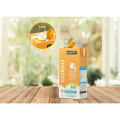

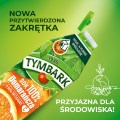
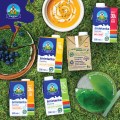

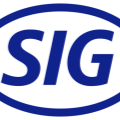





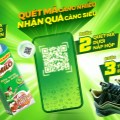
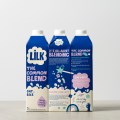

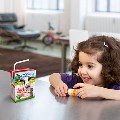
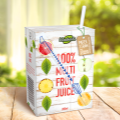
.jpg)
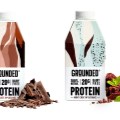
.jpg)



